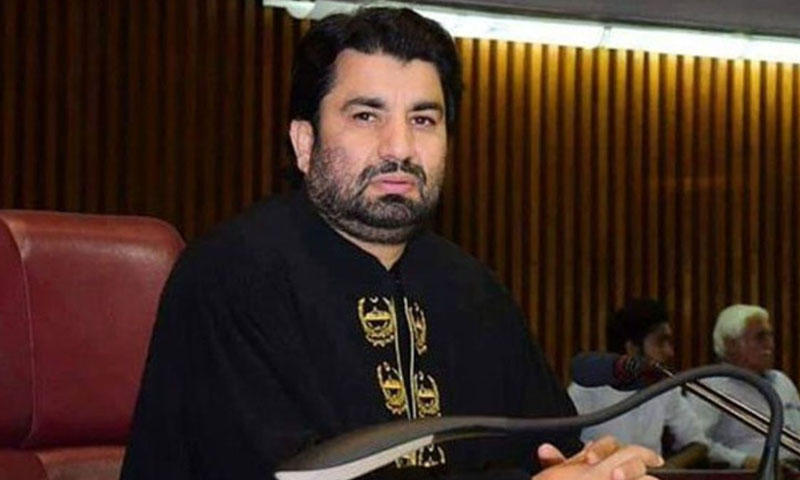- Web Desk
- Feb 09, 2026
Senate panel alarmed as Rs410m goes missing from overseas Pakistani’s bank account
-

- Web Desk Shahzad Paracha
- Jan 17, 2024

ISLAMABAD: In a shocking revelation, the Senate Standing Committee on Finance and Revenue learned that Rs410 million went missing from the bank account of an overseas Pakistani family after transferring the amount to a foreign bank operating in Karachi.
Chaired by Senator Saleem Mandviwala, the Senate Finance Committee, took up the matter of the missing Rs410 million from the bank account of an overseas Pakistani in Karachi.
The aggrieved party informed the committee that they had transferred the amount to a foreign bank operating in Karachi in 2017. However, when they attempted to withdraw the funds last year, the bank claimed the amount had already been withdrawn, and their account was closed. The aggrieved party alleged that bank officials had withdrawn the money through forgery, prompting an investigation by the Federal Investigation Agency (FIA).
Senator Mandviwala expressed concern, stating that such incidents revealed the failure of the State Bank of Pakistan to protect depositors’ interests. The committee decided to invite the head of the relevant bank and the FIA director, along with investigating officers, to the next meeting for their responses.
Furthermore, the committee received a briefing on media reports regarding the restructuring of the Federal Board of Revenue (FBR). The FBR chairman informed the committee that the government was restructuring the FBR, requiring amendments to the FBR Act. He mentioned that 1,000 amendments would be needed to complete the restructuring. The committee discussed the interim government’s authority to undertake such restructuring, leading to a decision to summon the law minister and law secretary at the next meeting.
Additionally, the committee deliberated on the “State Owned Enterprises (Governance and Operations) (Amendment) Bill, 2023.” Senator Bahramand Khan Tangi, the bill’s mover, explained its objective to restrain the board of directors and chief executive officers of state-owned enterprises from using company assets for political and monetary purposes. The committee made two amendments, reducing the required relevant experience for the CEO from 20 to 10 years and changing the phrase ‘personal gains and political point scoring’ to ‘personal and monetary gains.’ The finance secretary opposed the bill, citing the boards’ power to appoint CEOs, but the committee approved Senator Bahramand Tangi’s proposals and passed the bill.




